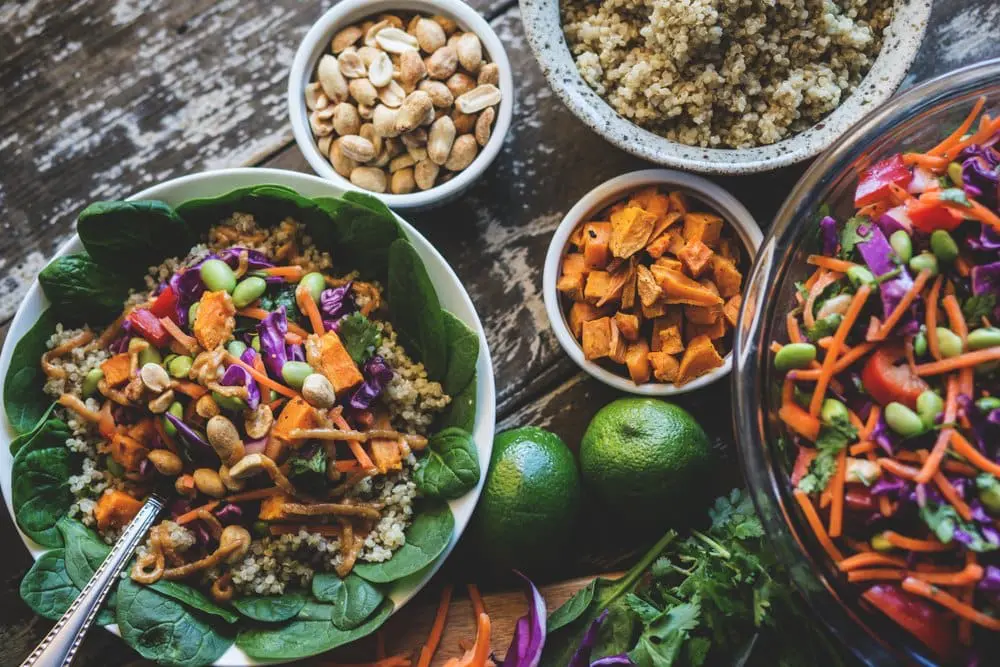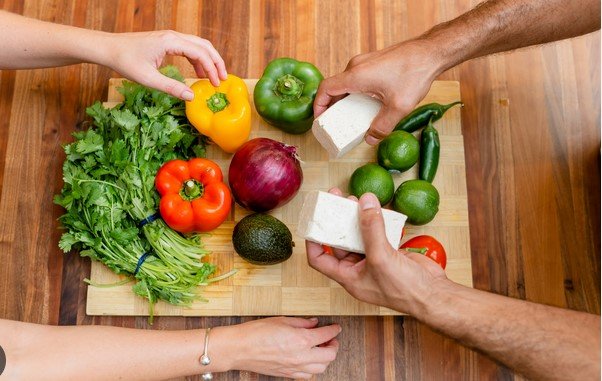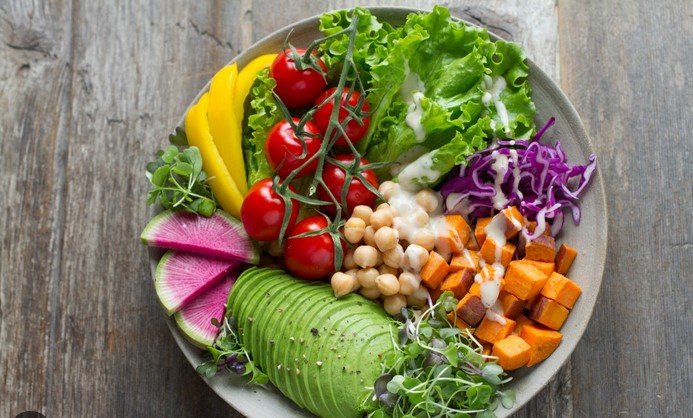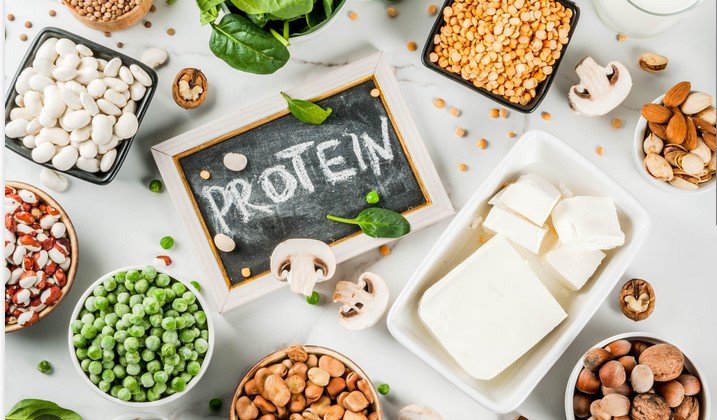As veganism continues to rise in popularity, so do the myths surrounding it. Many people are hesitant to adopt a plant-based diet due to misconceptions, often perpetuated by those who are unfamiliar with veganism. But just like any diet or lifestyle choice, it’s important to separate fact from fiction.
In this post, we will debunk seven of the most common myths about veganism, helping you make informed decisions about plant-based eating.
1. Veganism Is Too Expensive
Myth: Veganism is too expensive and requires buying specialty products that are out of most people’s budget.
Fact: While some plant-based alternatives like vegan cheese or mock meats can be pricey, eating vegan doesn’t have to be expensive. Staples like beans, lentils, rice, pasta, oats, and vegetables are affordable and form the basis of a healthy, well-rounded vegan diet. Buying in bulk and planning meals ahead of time can further reduce costs. Many vegan meals are not only budget-friendly but also healthier and more filling.
2. Vegans Don’t Get Enough Protein
Myth: Vegan diets are lacking in protein, leading to muscle loss and fatigue.
Fact: One of the most persistent myths is that vegans don’t get enough protein. However, plant-based diets can provide plenty of protein when they include sources such as beans, lentils, tofu, tempeh, quinoa, chickpeas, and nuts. It’s important to vary your protein sources to ensure you’re getting all the essential amino acids, but a vegan diet can easily meet your protein needs without relying on animal products.
3. Vegan Diets Are Nutritionally Deficient
Myth: Vegan diets are nutritionally incomplete, lacking essential vitamins and minerals like B12, iron, and calcium.
Fact: While there are certain nutrients that vegans need to pay special attention to (such as vitamin B12, iron, calcium, and omega-3 fatty acids), a well-planned vegan diet can provide all the necessary nutrients. Many plant-based foods are rich in these nutrients, and fortified foods or supplements can help ensure you’re meeting your needs. For example, fortified plant milks provide calcium and vitamin D, and B12 supplements are an easy way to meet this essential requirement.
4. Vegan Food Is Bland and Boring
Myth: Vegan food is tasteless, bland, and lacks variety.
Fact: This myth could not be further from the truth. Vegan food is incredibly diverse and flavorful. From rich curries to spicy stir-fries, creative salads, hearty stews, and indulgent desserts, the world of plant-based cooking offers endless possibilities. Spices, herbs, and seasonings are key to making plant-based meals flavorful and satisfying. Vegan cooking encourages creativity, allowing you to experiment with different ingredients and cooking methods.
5. Veganism Is Only for ‘Tree-Huggers’ or ‘Radicals’
Myth: Veganism is an extreme lifestyle choice and only for certain types of people, such as environmental activists or radicals.
Fact: Veganism is a lifestyle choice that people from all walks of life adopt for various reasons, including health, animal rights, environmental concerns, and personal beliefs. It’s a choice that transcends stereotypes and can be embraced by anyone looking to make a positive impact on their health or the planet. Many celebrities, athletes, and professionals follow a vegan diet without fitting the “radical” image.
6. Vegans Don’t Get Enough Variety in Their Diet
Myth: Vegan diets are restrictive and don’t allow for enough food variety.
Fact: On the contrary, a vegan diet opens up a world of variety and options. You can explore a wide range of fruits, vegetables, whole grains, legumes, nuts, seeds, and plant-based protein sources. Additionally, vegan versions of your favorite comfort foods—such as vegan burgers, pizza, pasta, and even ice cream—allow for plenty of flexibility. International cuisines like Indian, Middle Eastern, Mediterranean, and Asian often offer naturally vegan-friendly options.
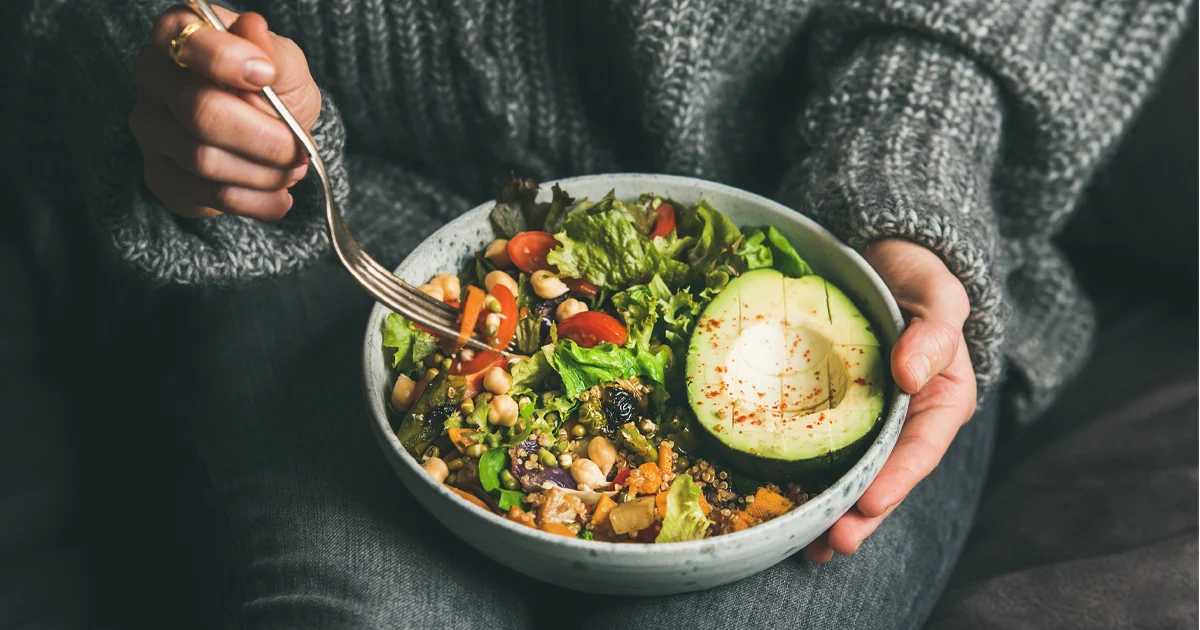
7. Veganism Is Hard to Maintain in Social Settings
Myth: It’s difficult to be vegan in social situations, especially when eating out or at family gatherings.
Fact: While it’s true that finding vegan-friendly options at every restaurant or social event may take a little extra planning, it’s becoming easier than ever to maintain a vegan lifestyle. Many restaurants now offer vegan options, and social media platforms have a wealth of vegan recipes and meal ideas to help you stay on track. Additionally, informing friends and family about your dietary needs ahead of time often results in them accommodating your choices at gatherings. With some preparation, being vegan in social situations is completely manageable.
Conclusion
The myths surrounding veganism are often based on misinformation or lack of understanding. As plant-based living continues to grow in popularity, it’s important to challenge these myths and embrace the facts. Veganism can be affordable, nutritionally balanced, and delicious, offering endless variety and options. By making informed choices and planning your meals carefully, you can enjoy all the benefits of a vegan diet without worrying about these common misconceptions.







